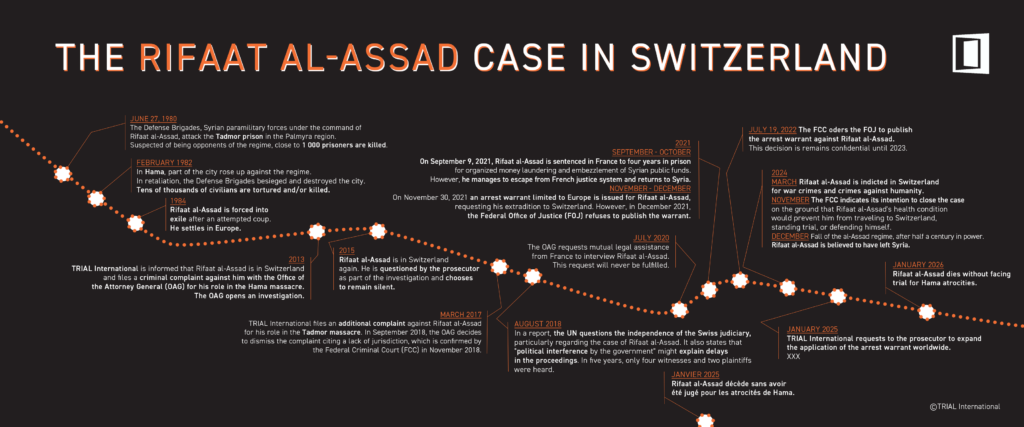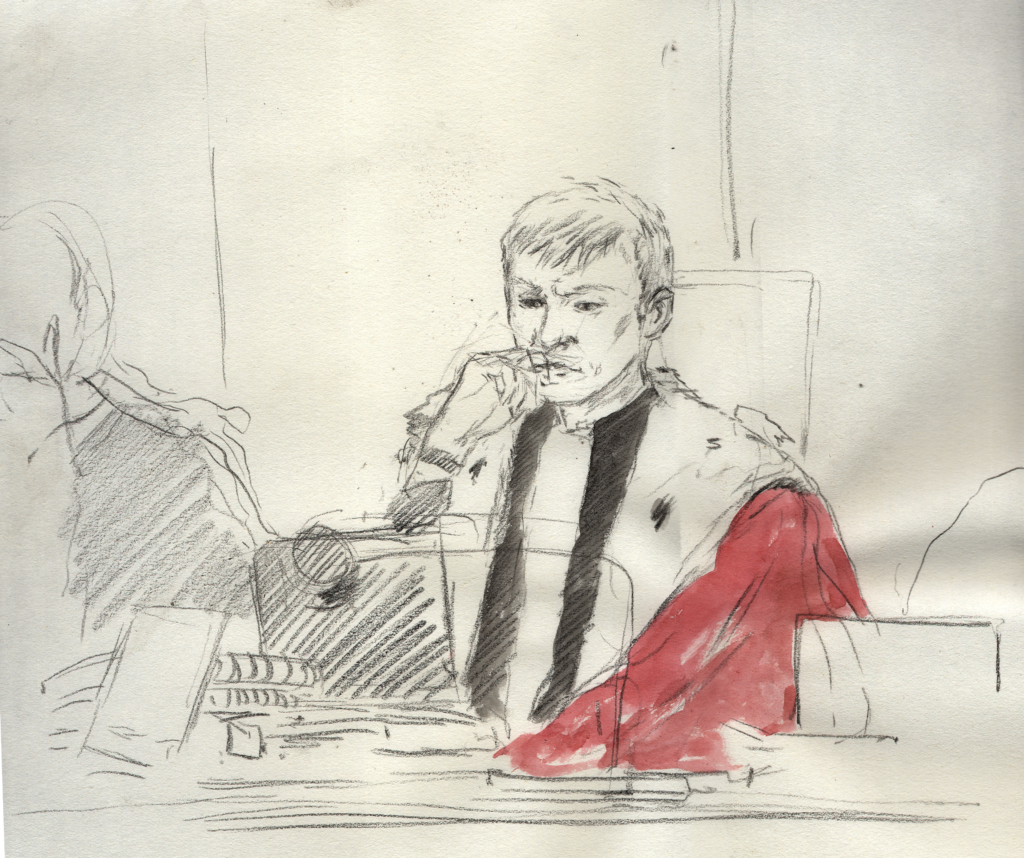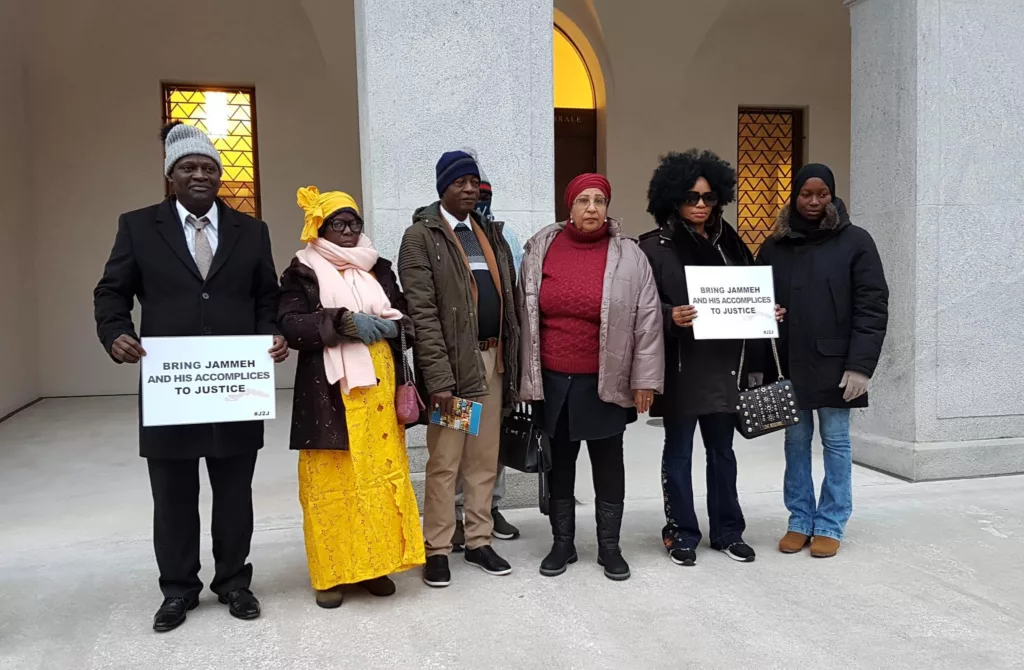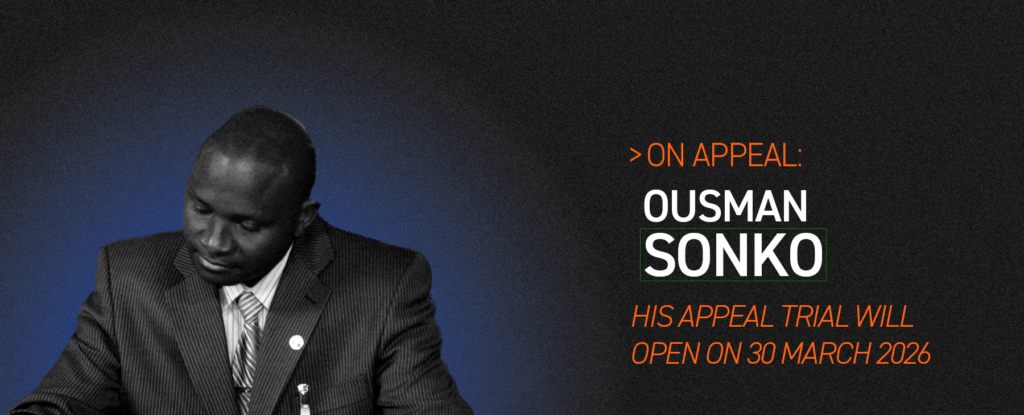Is The Gambia ready to confront its past?
On 7 January 2019, the Truth, Reconciliation, and Reparations Commission (TRRC) held its first session in the Gambian capital of Banjul. Composed of 11 members, the Commission is charged with investigating crimes committed over the course of Yahya Jammeh’s 22-year presidency, from 1994 to 2016. The inauguration of the TRRC presents a unique opportunity for The Gambia to come to terms with its tormented past, says Emeline Escafit, legal advisor at TRIAL International.
Bringing an end to more than 20 years of authoritarian rule is a delicate process, as victims and perpetrators are sometimes one and the same. To do this, the Gambian Commission will be able to draw on the work of similar commissions in other countries – South Africa, Peru, Tunisia, and Côte d’Ivoire. It will be critical for the TRRC to avoid either a witch hunt or a generalised amnesty.
A first step toward justice
Giving voice to victims who were forced to remain silent for more than 20 years is a crucial step. By telling their stories, the victims will finally be able to have their suffering recognised by an official institution. This should in turn help ease the tensions that still weigh upon the country. The Gambia deserves to rebuild itself and the TRRC must serve as the foundation upon which a new Gambian society may rest.
A successful transition is nevertheless far from assured. It is imperative that the investigations led by the Commission remain independent and impartial. TRIAL International has demonstrated its support to the TRRC by sending the Commission’s investigators and researchers a chronology of international crimes committed during the Jammeh regime.
Paving the road to democracy
The TRRC must begin by assessing its role in the rebuilding of The Gambia. The work of acknowledging and coming to terms with the past will remain unfinished as long as cases are not brought before the courts. It is the hope of TRIAL International that the Commission will undertake its work with honour, by demonstrating restraint in its use of the amnesties contained in its statutes and by referring cases to the judicial authorities where it determines, on the basis of its investigations, that prosecution is appropriate. It is only under these conditions that The Gambia will be able to realise its transition to democracy.




